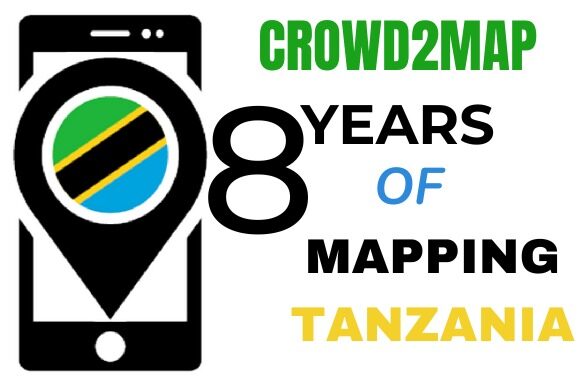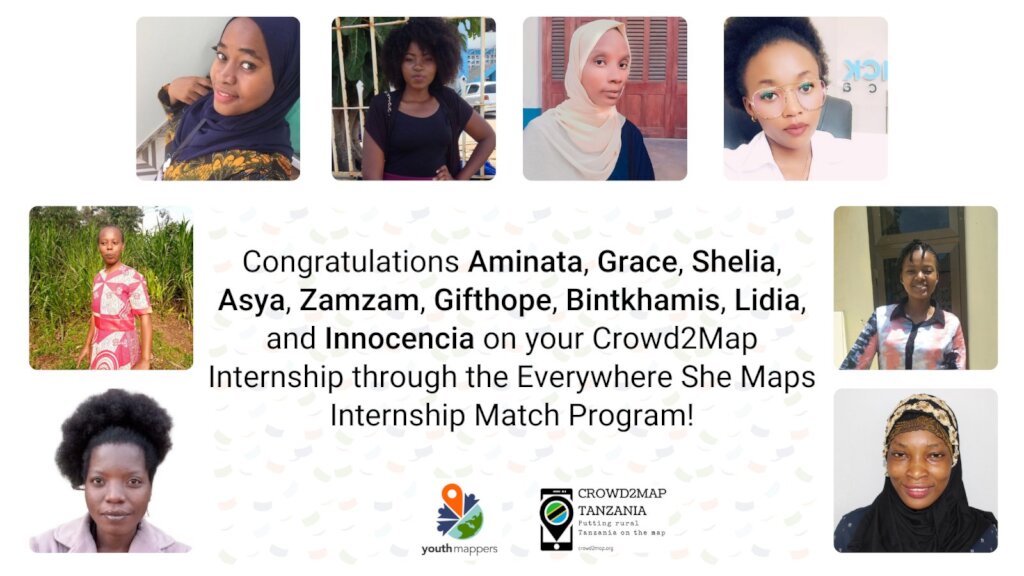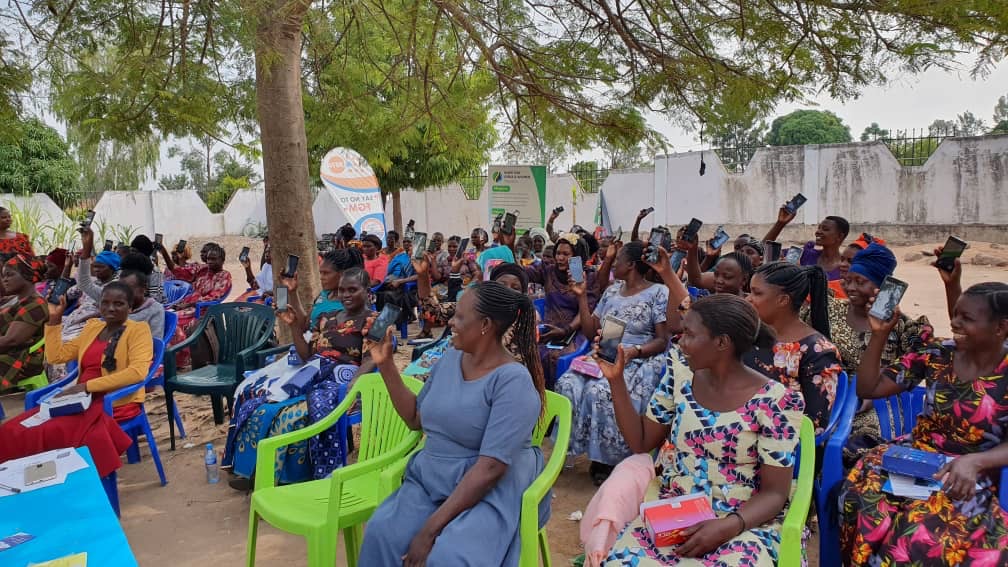By Janet CHAPMAN – Project Leader
On December 22nd 2022 we talked at State of the Map Nigeria about the journey of the Crowd2map project since it’s origins severn years ago, highlighting the successes as well as challenges the project and its mappers have faced. You can find a link to the slides here and link to the YouTube video here.
With now over 17,000 volunteers both online and in person, we have managed to map an incredible 5.3 million buildings, over 300,00km of road and over 10,000 Points of Information (POI). It is the combination of our global online mappers with access to complex digital mapping software’s like TaskManager and the local knowledge of our field mappers that continue to make this project so successful and worthwhile. This has saved many vulnerable girls from gender-based violence (GBV) and female genital mutilation (FGM) as well as a tool for development across rural Tanzania. You can see the huge impact of our work by comparing the map of Mugumu before and after our intervention.

Despite these obvious successes, Crowd2map continues to face problems around gender inequality and poverty in relation to in person mappers. While our remote mappers are majorly well educated and with good access to technology, our field mappers live in some of the poorest regions of rural Tanzania, with many never having even used a smartphone or any kind of technology. It is Tanzanian women that are particularly affected by lack of access to the internet. A microgrant we received in 2017 went a little way to buying cheap smartphones that were integrated into the mapping community, allowing for more women to get involved. The gendered stigma around the role and desired characteristics of women, however, continues to limit their potential within the Cord2map project.
Many of the female in person mappers have reported instances in which they have been discouraged from getting involved with mapping from their male counterparts, instead being told they should stay at home and take on more traditional domestic roles. In more extreme cases, women have been victims of physical and/ or sexual violence while undertaking mapping tasks. This is rooted in an inherently sexist culture which continues to limit the potential of women across Tanzania. Women are very unlikely to put themselves forward to lead mapping tasks in comparison to men, despite having more than enough potential to take on these roles.
To tackle this issue, we as a community must do more to educate the Tanzanian locals on the importance and significance of mapping as well as encouraging a more positive and less discriminatory attitude towards women and their capabilities. We can continue to reduce occurrences of physical and emotional abuse from men towards women through education, as well as allowing women to regain their confidence and integrity within the mapping community. Setting up women only mapping groups or requiring at least 50% female participation also goes a long way to reduce this gender inequality.
We are making good progress already. With now over 200 women trained to be digital champions, leading the fight against FGM and GBV in Tanzania through mapping, the death rate has fallen by 75%. More than 3000+ girls have been rescued along escape routes discovered through the Crowd2map project, and we continue to look out for important institutions such as police stations that can further our progress, all while encouraging more and more female participation in mapping efforts.
There are so many ways in which you can get involved with the Crowd2map project and contribute to our growing success. You can start by attending some of our upcoming events or visiting this page to get ideas on how you can contribute.



